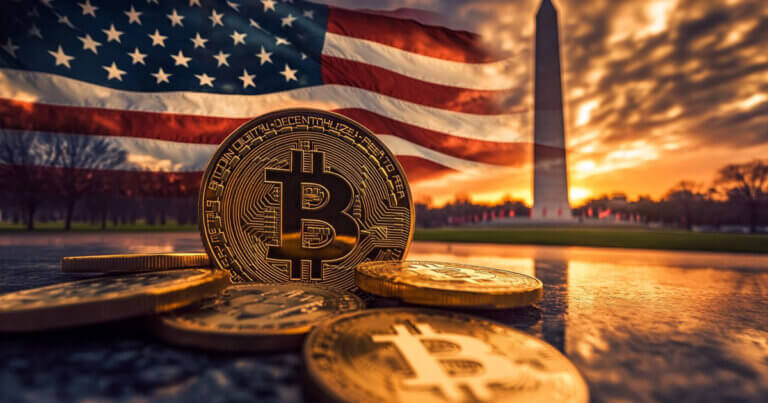The concept of a Bitcoin Reserve in the United States has sparked discussions among financial experts and policymakers. As Bitcoin gains recognition as a store of value, some argue that the U.S. should consider holding Bitcoin as part of its national reserves, alongside traditional assets like gold and foreign currencies. With its decentralized nature and limited supply of 21 million coins, Bitcoin presents a hedge against inflation and currency devaluation. Countries like El Salvador have already adopted Bitcoin as legal tender, raising questions about whether the U.S. should also integrate Bitcoin into its financial strategy.
One major challenge in establishing a Bitcoin reserve is its regulatory uncertainty. Unlike gold, which has been a recognized reserve asset for centuries, Bitcoin is still viewed skeptically by many government officials due to its volatility and lack of centralized control. However, large financial institutions and corporations, including Tesla and MicroStrategy, have begun accumulating Bitcoin as a long-term asset, showing growing confidence in its value. If the U.S. were to adopt Bitcoin as part of its reserves, it could provide additional stability to the cryptocurrency market and encourage wider global adoption.
Beyond financial security, holding Bitcoin reserves could enhance the U.S. position in the digital economy. With increasing global interest in Central Bank Digital Currencies (CBDCs), Bitcoin could serve as a counterbalance to government-issued digital money, ensuring financial freedom and decentralization. While the idea remains speculative, growing institutional adoption and regulatory clarity may pave the way for the United States to consider Bitcoin as part of its national reserve assets, signaling a new era in financial strategy.





